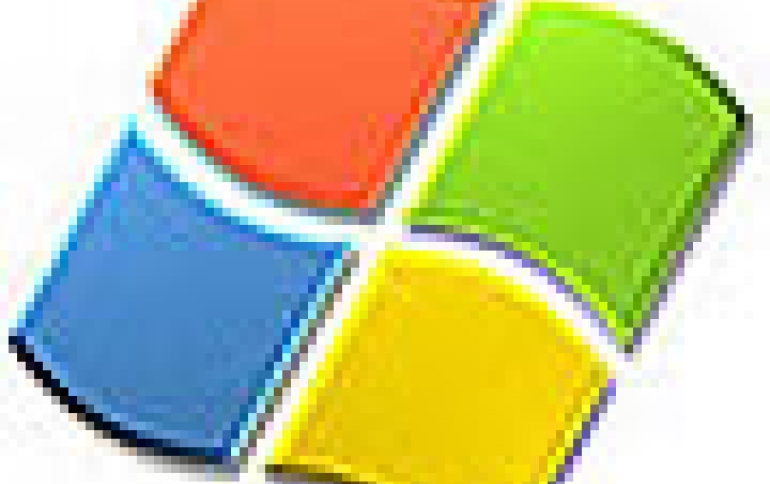
64-bit Windows delayed
Stalling release until 2005 will slow adoption of 64 bits on the desktop, analyst says.
Microsoft has further delayed releasing its versions of Windows for PCs and servers equipped with x86 processors with 64-bit extensions. Analysts say the extra delay will slow the advent of 64-bit desktop computing and provide a head start for rival operating systems on servers.
Windows XP 64-bit Edition for 64-bit Extended Systems and Windows Server 2003 for 64-bit Extended Systems now will not be available until the first half of 2005, a Microsoft spokesperson has confirmed. The 64-bit Windows XP client was originally due in early 2004 but had already been delayed; the server software was scheduled for late 2004.
Also, Service Pack 1 (SP1) for Windows Server 2003 won't be out until the first half of next year, the spokesperson says. The service pack compiles updates and provides new security enhancements. It was originally due out in the first half of 2004. Its release and the 64-bit Windows releases have been tied together for development reasons.
Pushing 64 Bits
Microsoft is pushing back the two versions of Windows with 64-bit support and the service pack because it wants to thoroughly test the software with Windows XP Service Pack 2 (SP2), a significant update to Windows XP that is due in August, the spokesperson says.
The new Windows editions are designed to take advantage of 64-bit extensions to the standard x86 instruction set in processors from both Advanced Micro Devices and Intel. 64-bit systems offer users greater computing power as systems can process more data per clock cycle and have greater access to memory.
A key benefit of 64-bit extension technology is that applications written for 32-bit computers will run well on the processors. The 64-bit extensions are currently supported in AMD's Athlon64 and Opteron processors, as well as Intel's Xeon processor, code-named Nocona, released in late June.
Microsoft has high expectations of 64-bit technology. In May, Chairman and Chief Software Architect Bill Gates predicted at the Windows Hardware Engineering Conference (WinHEC) that by the end of 2005 all the processors sold by AMD and the majority of processors sold by Intel will support 64-bit computing.
However, by pushing back 64-bit Windows, Microsoft is slowing the trend of 64 bits on the desktop, says Michael Cherry, a lead analyst at Directions on Microsoft, a research company.
"There are a lot of people who would be considering 64-bit, but I think this delays the customer interest in 64-bit for Windows systems. I would be reluctant to buy a 64-bit processor now if there wasn't much that I could run on it," Cherry says.
Also, Microsoft's call to hardware makers to develop drivers for the new 64-bit editions of Windows may find less response now, Cherry says. "People may say, 'Gee, why should I work on the drivers if Microsoft is not working on the software'," he says.
Good News for Linux
On the server side, Microsoft's delays give competing operating systems a bigger head start on systems with 64-bit extensions, says Gordon Haff, a senior analyst at Illuminata. Linux already supports 64-bit extensions and so does Sun Microsystems Solaris.
"I would not say anything dramatic as that this opens a huge strategic hole for Microsoft, but at some point this hurts Microsoft's position against Linux, against all the 64-bit platforms already out there," Haff says.
Also, despite the availability of competing operating systems, the delay of Windows Server 2003 for 64-bit Extended Systems is likely to hurt sales of AMD's Opteron processors, Haff adds.
"It will tend to delay Opteron getting into commercial accounts in Windows environments. It is still a fast 32-bit processor, but 64-bit is one of the distinct features Opteron has, and without 64-bit Windows available, that eliminates one of the reasons people had to go to Opteron," he says.
Microsoft offers test versions of the 64-bit Extended Systems editions of both Windows Server 2003 and Windows XP. The software currently works only with AMD processors, but future beta versions will be released that support both AMD Opteron and Intel Xeon with Intel Extended Memory 64 Technology (EM64T), according to Microsoft.
From PC World





















